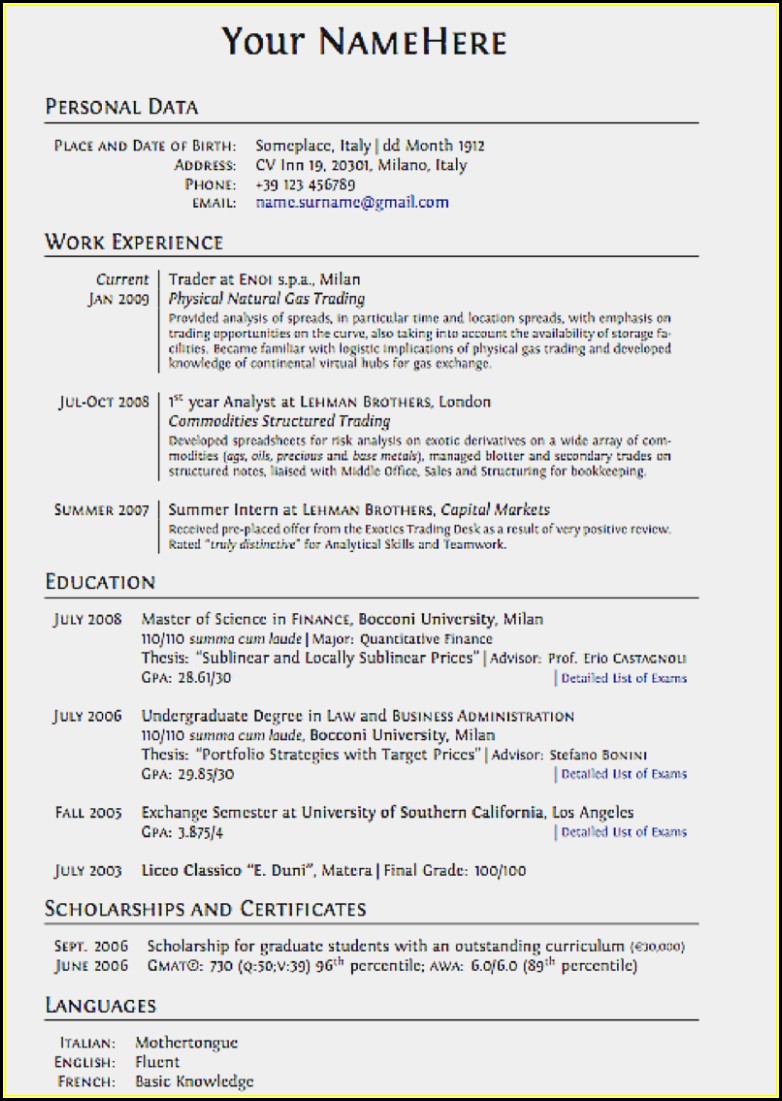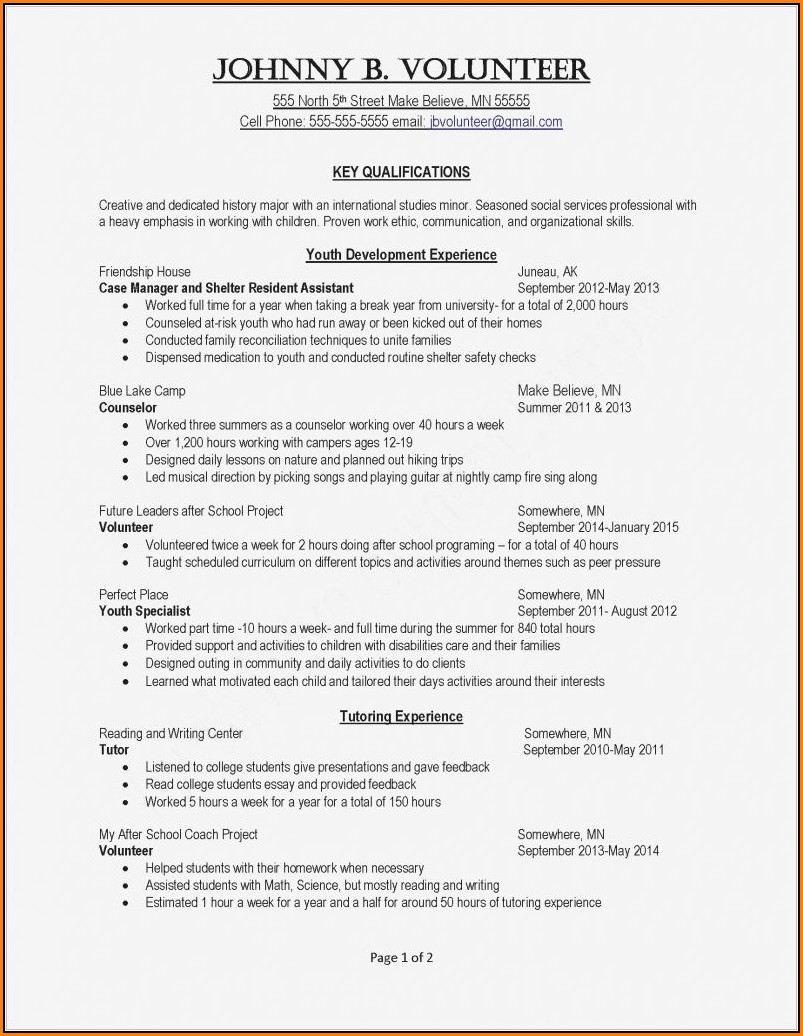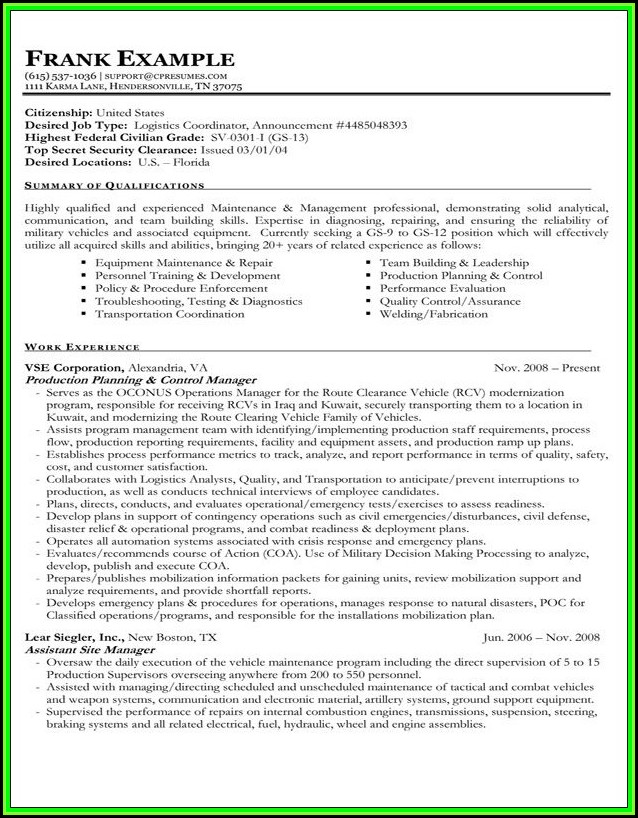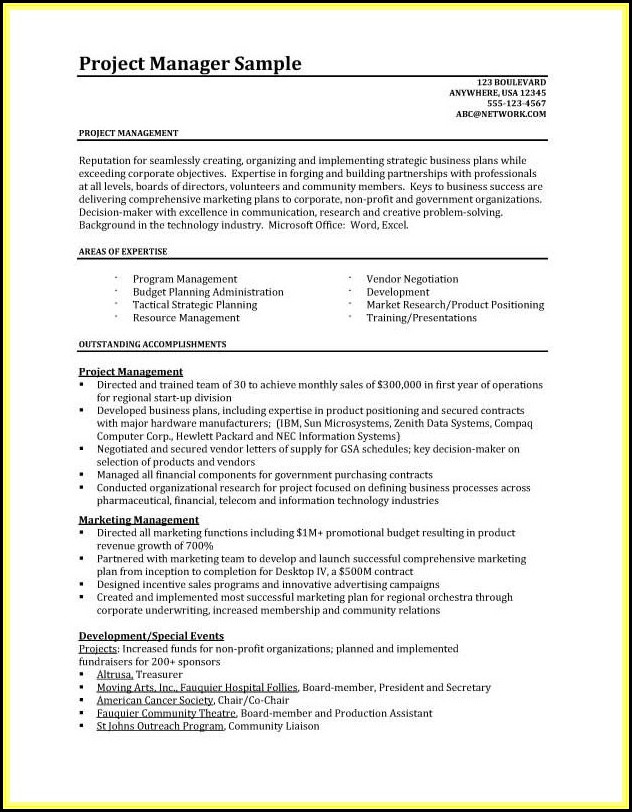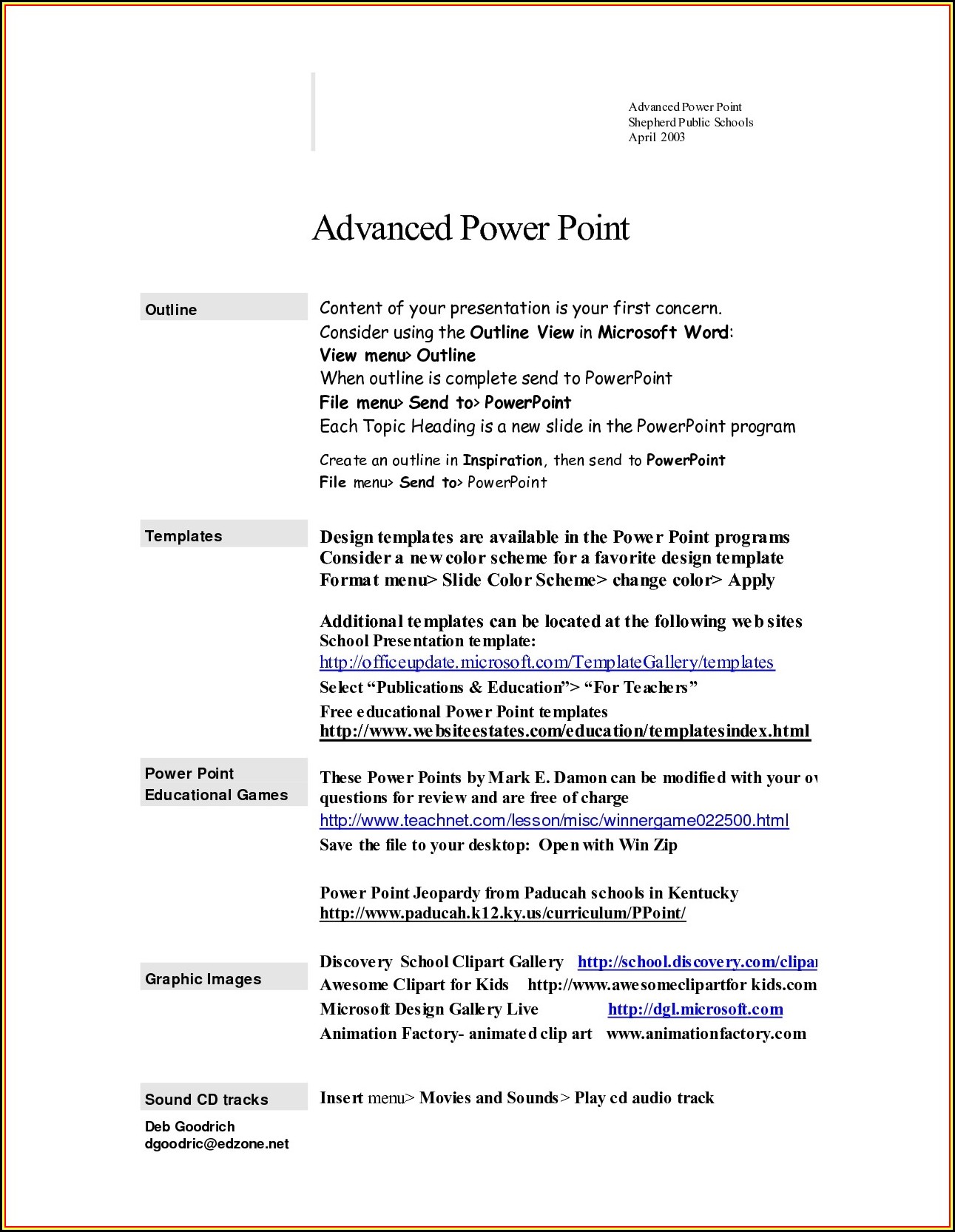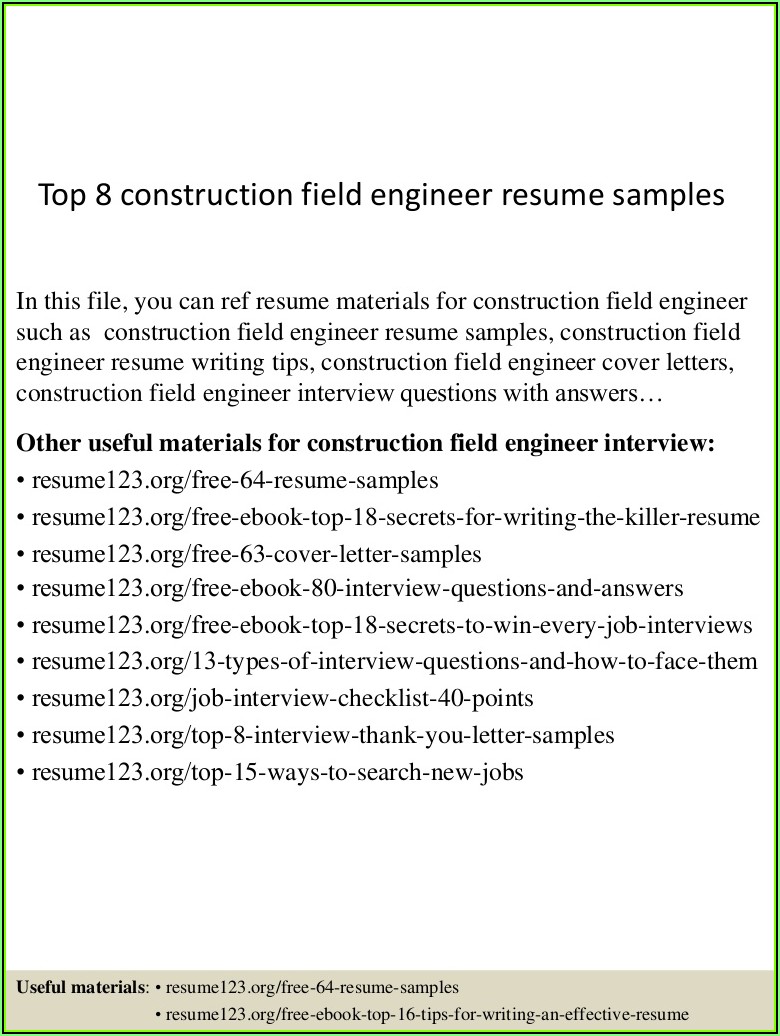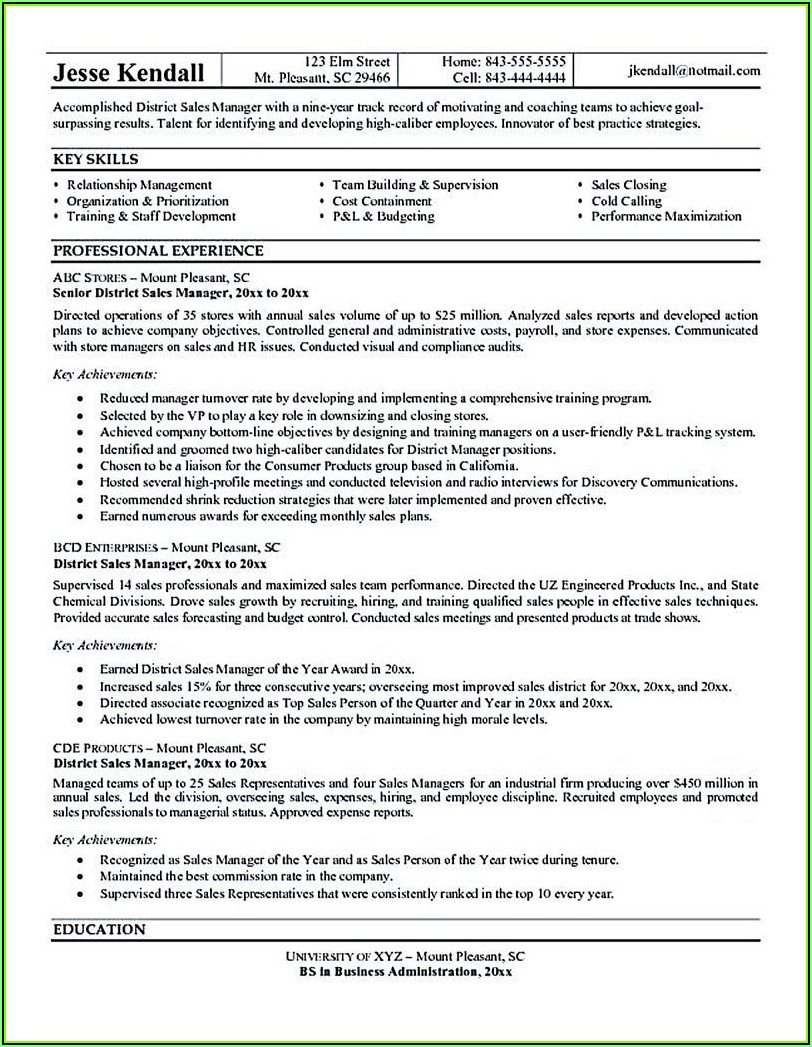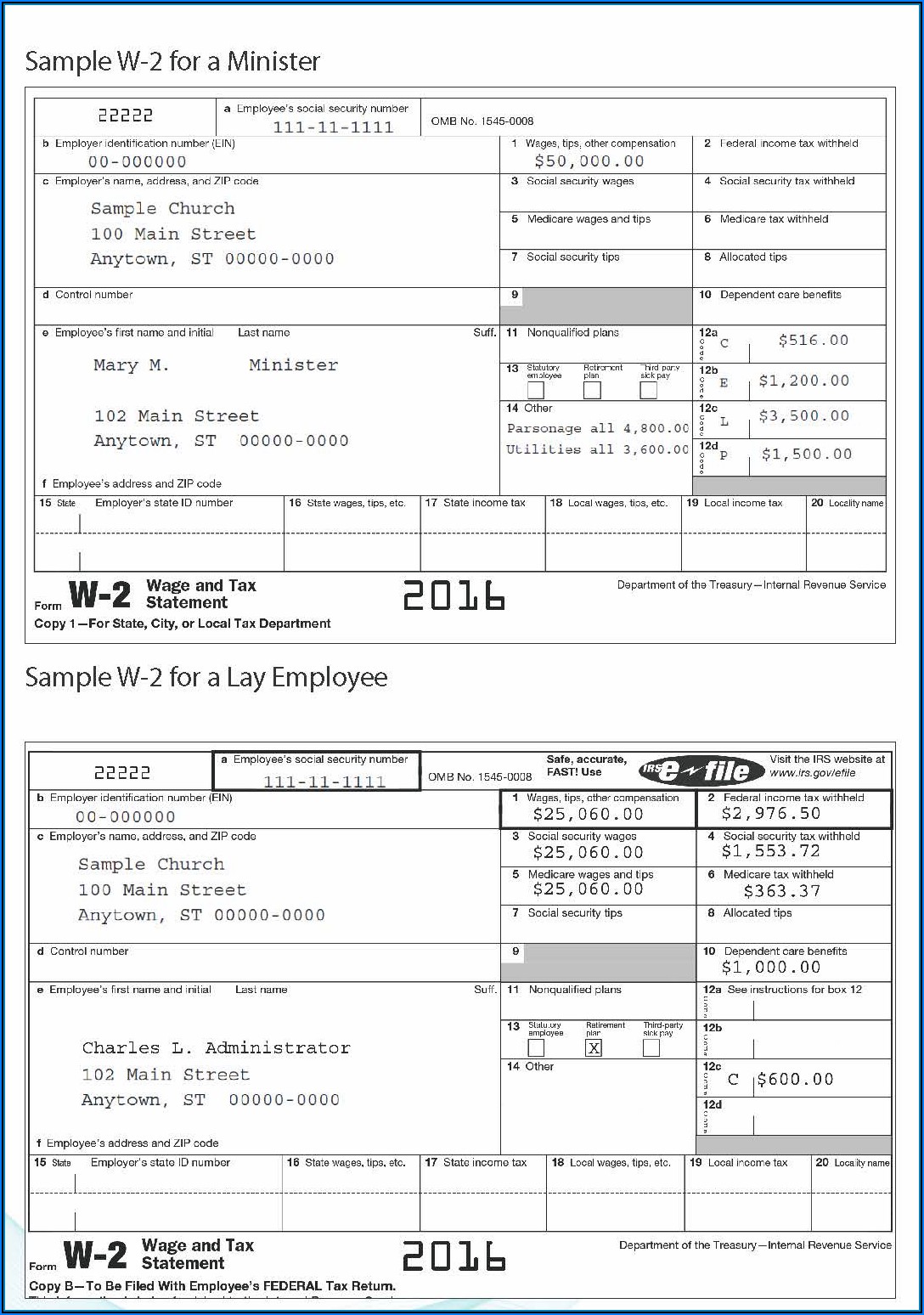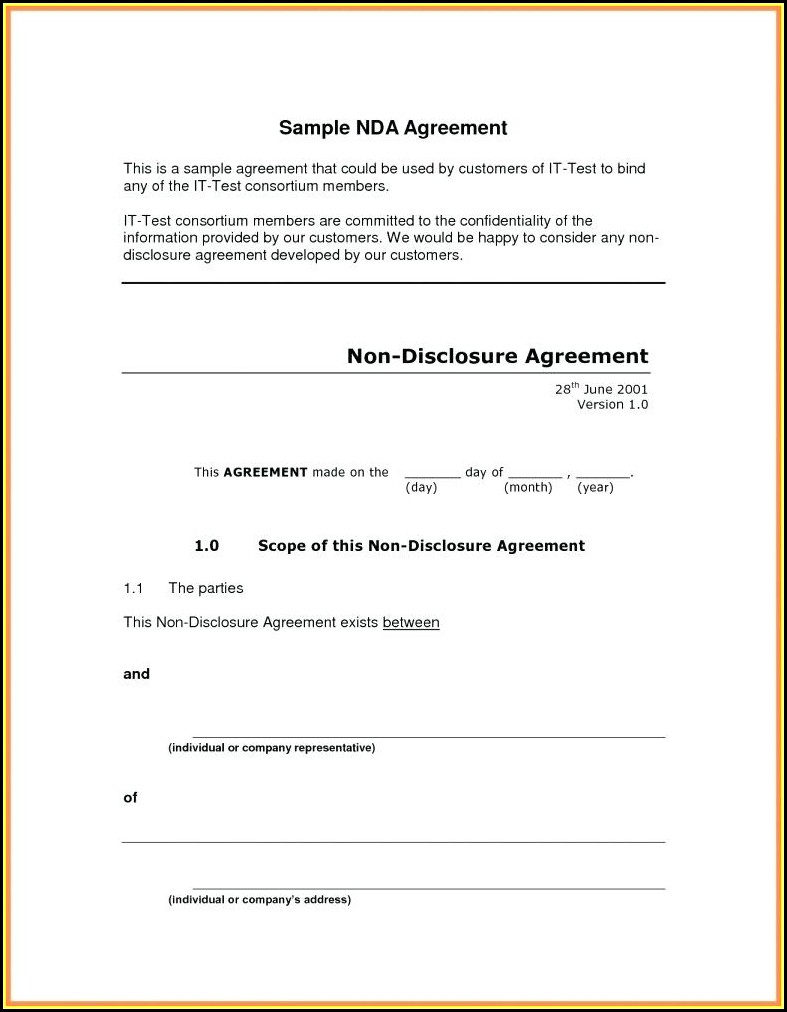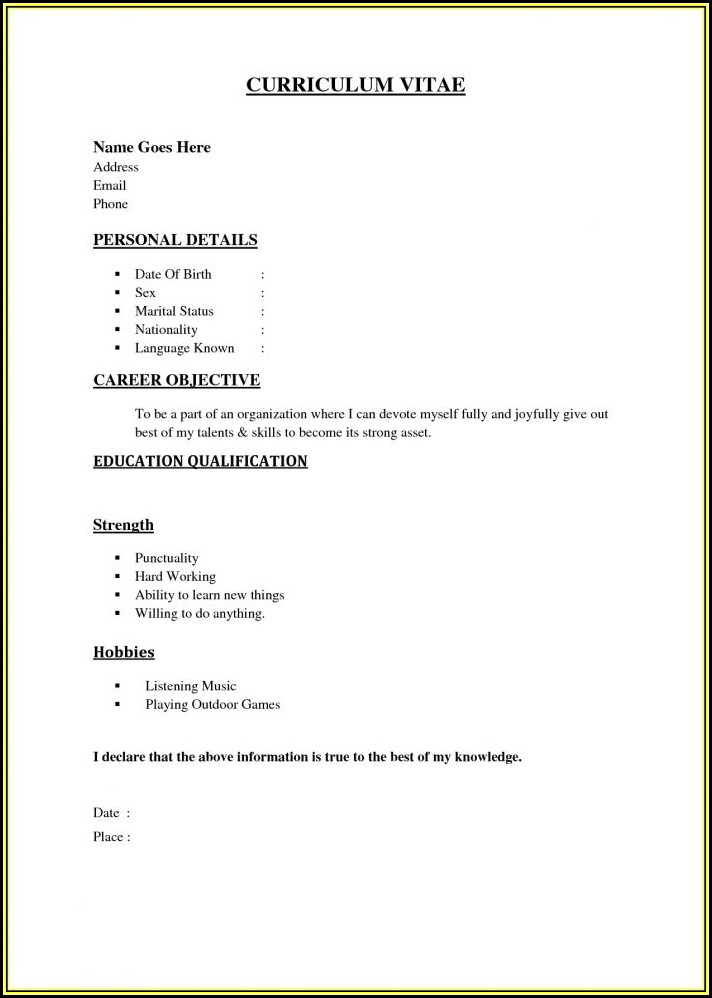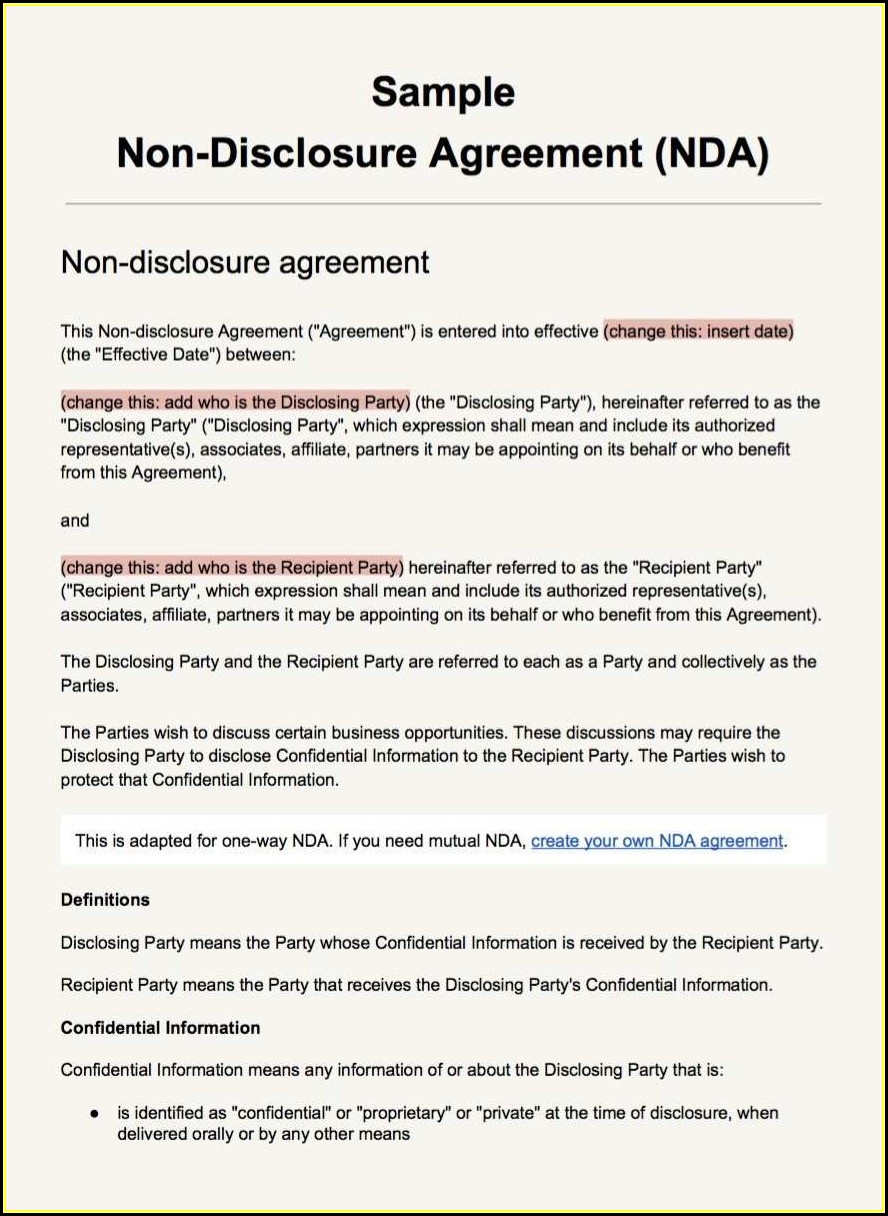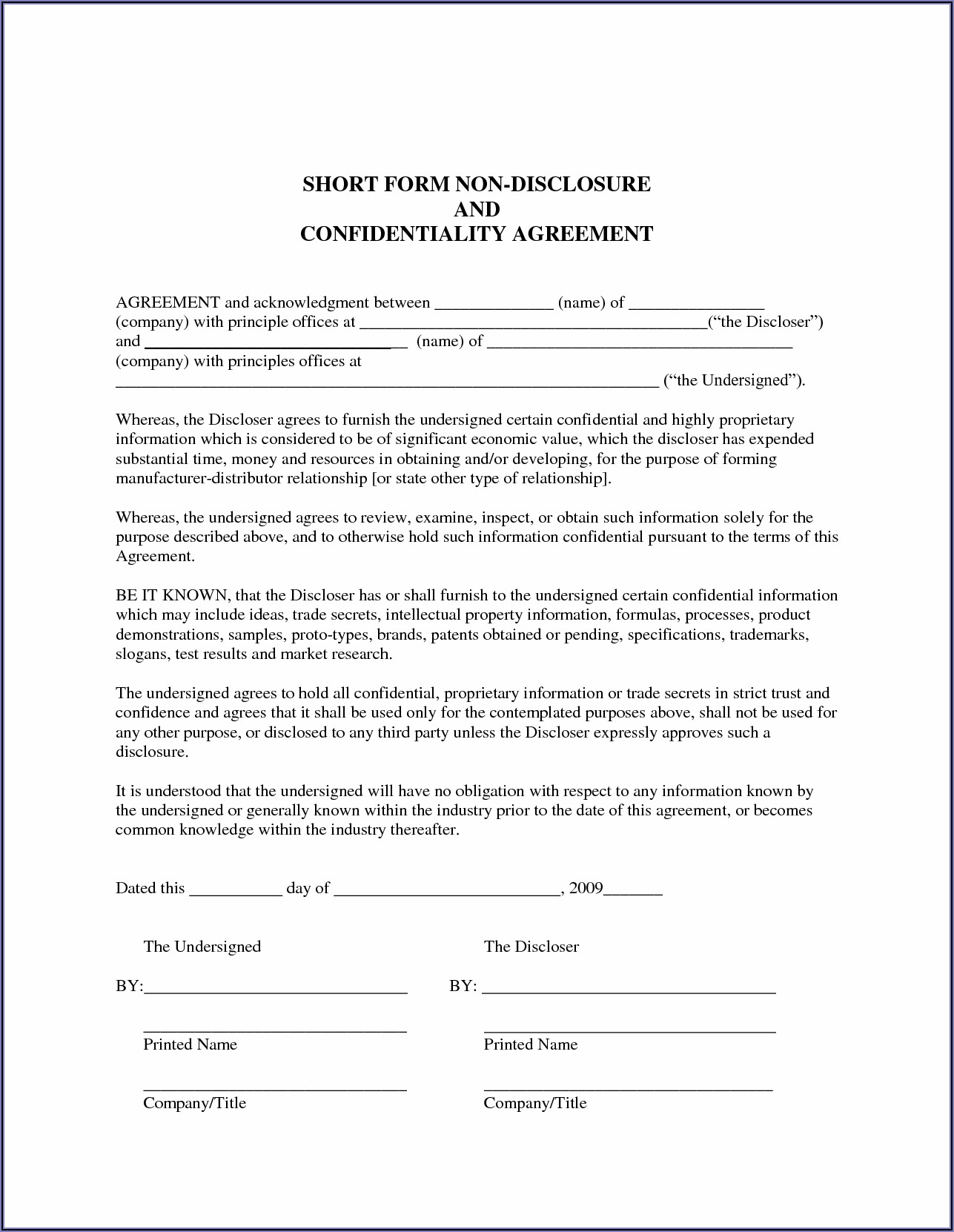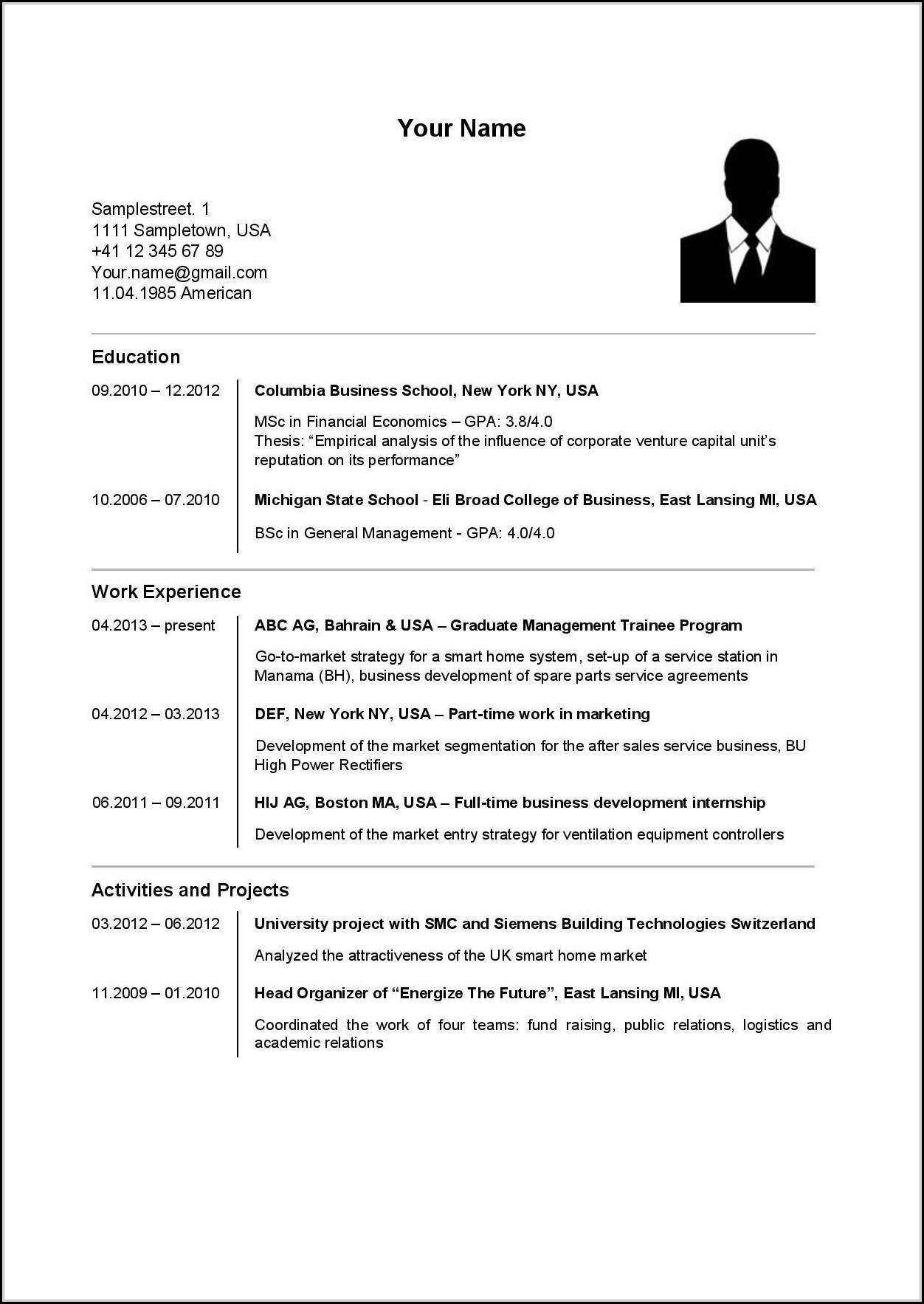
In our everyday life, we are often faced with situations that require us to talk to other people. This could be a commercial negotiation such as salary negotiations, sales discussions or any other talks pertaining to determining the best solution beneficial for both parties. Negotiating, we hope to obtain a positive outcome, and aim to get it working for us. But there are a lot of things to consider when we negotiate, and we need to be aware of the proper way to negotiate.
Here are the seven most important negotiation tips that can be applied to any negotiation that you might be involved in.
1.) Ask questions
The smartest people are able to ask questions. Ask questions that are relevant to the negotiation. It is important to know the entire information relevant to the conversation. Learn what the other person is saying and if in doubt , confirm the facts to avoid any miscommunications with the other the other party.
2.) Learn to be a good listener
Listening is essential when communication with others. In business discussions it is crucial to listen to the person that you’re speaking to. Know the message they are trying to communicate and don’t argue with them unless it important.
3.) Do some investigation
Prior to the scheduled meeting Gather pertinent information that you can utilize to evaluate the factors involved in the negotiation. In business negotiations, you should know the background of their business and learn about the reasons behind their proposal and confirm the information you received regarding their proposal (if you have any). Be prepared for negotiations. If you’re looking to purchase an item or a lot of land take your time and do some research on the value of the product you are looking to buy and determine whether the price offered by the other side is fair.
4.) Don’t be rushed
It’s not required to assume that following the initial meeting, you’ll have already make a decision. If either party isn’t yet able to decide and you are unsure, you can arrange an appointment for a second time so that both of you have time to think over the issue and weigh all the points that were discussed at the initial meeting. It’s not a good idea if you decide right in the moment or convince the other party to instantly accept your decision. This would be too demanding.
5.) Find the best timing
It is important to make an appointment where both of you can agree on. Take note of the mood of the person you are talking to and determine if he’s in a good mood, or is otherwise not in a a bad mood. It’s important that the two of you have a good state of mind when you negotiate to ensure that there aren’t disagreements or misunderstandings that could cause a heated discussion. Be aware that negotiations are designed to allow both parties to determine the most effective solution to the issue or issue being discussed.
6.) Be aware of the other party
Don’t be in the narrowest of ways. Learn to comprehend the arguments of the opposing party and if their arguments are fair and beneficial to both of you, then you should agree with the other party. However you must also be able to leave if you feel that the discussion is pointless and going nowhere. If necessary, stop the negotiation so that the other side will see that you are of determination and are committed to the negotiations.
7.) Distinguish personal concerns
The business world is business. Don’t include personal details when discussing business issues or selling products. Be sure to not mention a person’s actions when making choices or when you disagree with him/her. Be impartial when speaking to the other person and clearly state your points.
In the end, excellent communication abilities, open-mindedness, and preparedness are just a few aspects to consider when conducting any negotiation.

